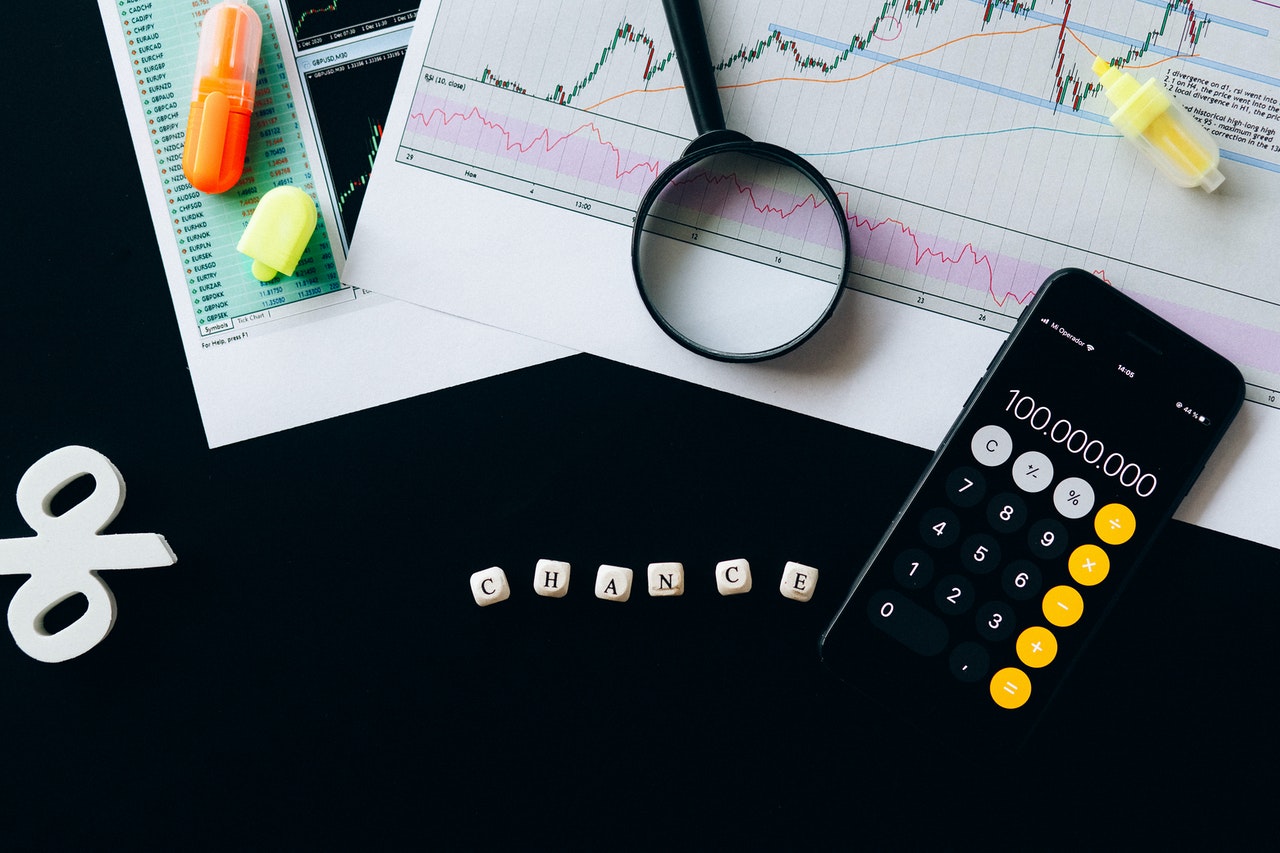An important parliamentary committee has given its approval for changes that are aimed at delaying the introduction of tax on digital assets, such as crypto, in South Korea. The purpose of this draft legislation is to delay South Korea’s plan of imposing a 20% tax on gains that are made from crypto transactions. The South Korean Parliament is taking steps for temporarily suspending this planned taxation on returns that are generated through digital asset investments for one more year. The ruling Democratic Party has supported the move, even though there have been disagreements with the government, as well as the People Power Party that leads the opposition.
The aim of the amendments is to also give the exemption on capital gains tax a boost, which will be applicable on the real estate sales in the country. This has been added because of rising prices of property in the country and Korean politicians consider this as a popular proposition to use because of the presidential election that are scheduled to take place next year in March. The National Assembly’s Strategy and Finance Committee decided to pass the changes proposed to their respective provisions on Tuesday in a meeting. The voting came after its subcommittee had given approval for the revisions about taxation on Monday during a session.
The two parties in Korea have agreed to postpone imposing the 20% tax on annual profits that would be applicable on virtual asset investments that exceed 2.5 million won or $2,102. According to the initial plan, the government was scheduled to impose this tax from January 1st, 2022, but the recent voting shows that this tax will likely be pushed to 2023. The Democratic Party has been working on delaying the legislation because crypto investments have become immensely popular in the young voters in South Korea.
These people are finding it extremely hard to save money for buying home, considering the skyrocketing prices of property in South Korea. The party is also hoping that increasing the exemption of capital gains tax for single residence owners who make a sale between 900 million and 1.2 billion won, would also help in boosting the number of homes available in the market. This will help the Democratic Party in gaining favor of the younger population, which can prove to be instrumental in the elections that are scheduled for next year in South Korea.
According to the representatives of the Democratic Party, the Korean tax authorities will need more time for establishing a proper tax system in the country when it comes to investments in virtual assets. However, the delay was opposed by Hong Nam-ki, the Finance Minister. He said that the government was prepared to tax digital assets right away. But, he did note that the executive partner would obviously adhere to whatever decision would be taken by the parliament. They are expected to give their vote on the new amendments to the legislation in the beginning of December and the Democratic Party hopes that they will also give their approval.
